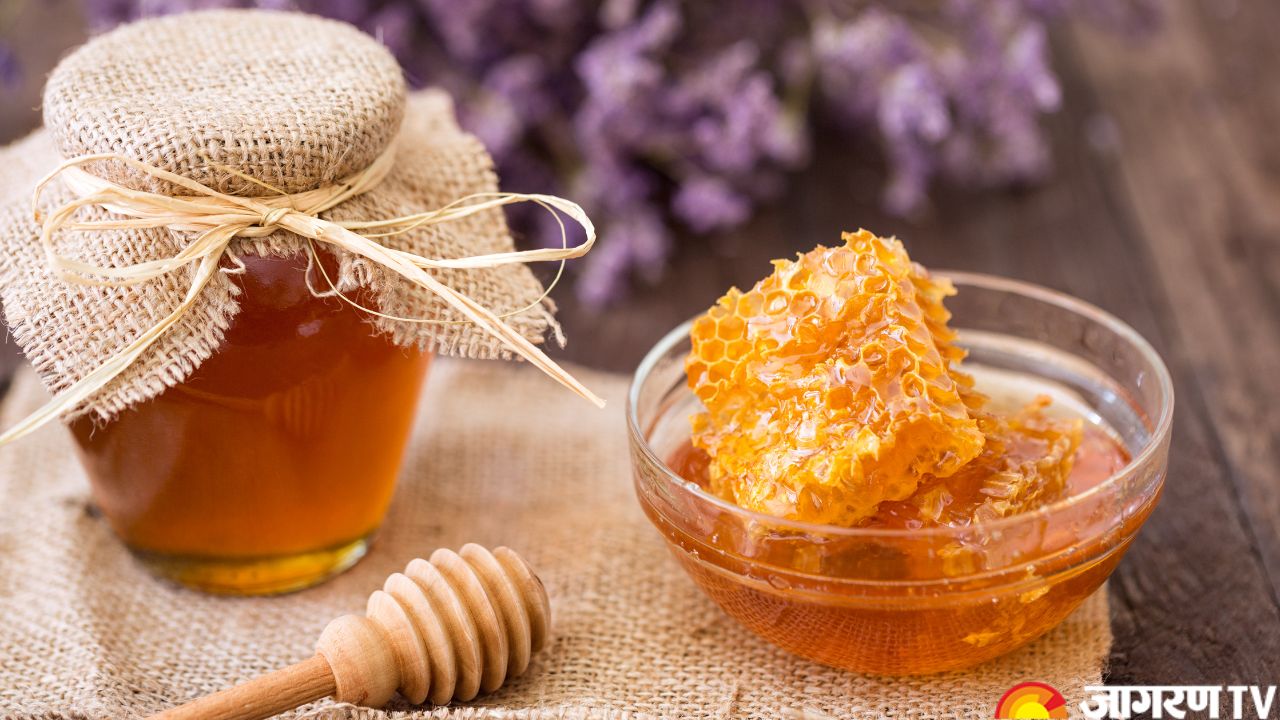World Bee Day 2025: Other Than Honey, These Products Are Made From Honeybees, Know Their Uses

World Bee Day 2025: World Bee Day, commemorated every May 20th, serves as a timely reminder of the critical role bees and other pollinators play in our ecosystems and food supply. This international day promotes worldwide awareness and action to safeguard these vital creatures.
World Bee Day History
The World Bee Day movement began in Slovenia. Recognising the importance of bees in the environment and agriculture, the Slovenian Beekeepers’ Association suggested the concept to the United Nations. Their efforts culminated in December 2017, when the UN General Assembly formally declared May 20th to be World Bee Day.
World Bee Day 2025 Theme
The date of May 20th is significant since it represents the birth anniversary of Anton Janša (1734-1773), a pioneer of modern beekeeping from Slovenia. Janša’s work and lectures helped enhance beekeeping methods worldwide. The first official World Bee Day was held on May 20, 2018. This year’s theme is “Bee inspired by nature to nourish us all,” which emphasises the essential functions that bees and other pollinators play in agrifood systems and the health of our planet's ecosystems.
The Need to Protect Bees and Pollinators
-
Bees, along with other pollinators like butterflies, bats, and birds, help in the reproduction of numerous plant species, including a major amount of the crops we rely on for food.
-
Bees pollinate over one-third of the world’s food crops, such as fruits, vegetables, nuts, and seeds. Without their pollination services, agricultural production would plummet, jeopardising global food security.
-
Pollinators serve an important role in sustaining plant diversity. They let wild plants reproduce, which is essential for the health of ecosystems.
-
Beekeeping and allied sectors provide substantial contributions to local and national economies by producing honey, providing pollination services, and developing a variety of bee-derived products.
-
Healthy pollinator populations indicate a thriving habitat. Their decline frequently indicates larger environmental challenges, including habitat loss, pesticide use, and climate change.
Honeybees
Honeybees are gregarious insects from the genus Apis. They are well-known for their capacity to make and store honey, create beautiful wax nests known as honeycombs, and play an important role in pollinating a wide range of plants. The most well-known species is the western honeybee (Apis mellifera).
Products Made by Honeybees
Honeybees are wonderful creatures that create a wide range of valuable chemicals, each with their own qualities and applications. Other than honey, these are the products made by honeybees:
Bee Pollen
Bee pollen appears as a colourful matrix of microscopic granules, with each shade indicating the various flower sources visited by the hard-working worker bees. This natural collection is a nutritional powerhouse, known for its high protein content, vitamins (particularly the B complex), important minerals, powerful antioxidants, and a wide range of amino acids. As a result, it is mostly used as a dietary supplement, valued for its ability to increase energy levels, build the immune system, and reduce inflammation. Bee pollen has also been used in traditional medicine for a variety of health-related purposes, emphasising its all-encompassing benefits.
Beeswax
Beeswax, a unique secretion of worker bees’ abdomen glands, solidifies at ambient temperature into a substance varying from a delicate light yellow to a darker, earthier brown, and frequently carries a mild, sweet aroma characteristic of the hive. Its distinct properties—natural water resistance, pliability when warmed, and a clean burn—make it suitable for a wide range of applications. It is a popular substance for making natural and non-toxic candles, an effective emulsifier and thickening agent in cosmetics like lip balms and lotions, a significant component in furniture and shoe polishes, and even a protective coating in the food business.
Propolis
Propolis, or “bee glue,” is a sticky, brownish adhesive that bees methodically collect from a variety of botanical sources, including tree buds and sap flows. This natural sealant is well-known for its potent biological capabilities, including its antibacterial, anti-inflammatory, and antioxidant activity. Propolis is frequently used as a dietary supplement to boost immunity and promote wound healing. Traditional medicine has long recognised its benefits in treating diseases such as sore throats and skin disorders, and its antibacterial properties have led to its use in a variety of oral hygiene products.
Royal Jelly
Royal jelly is created by young nurse bees, and has a milky white, viscous liquid with a somewhat acidic and unpleasant flavour. Royal jelly, which contains a unique blend of proteins, a full complement of B vitamins, minerals, amino acids, and fatty acid 10-HDA, is highly recognised as a nutritional supplement. It is frequently advertised for its putative anti-aging, energy-boosting, and fertility-promoting properties. Furthermore, its rich composition makes it a popular ingredient in several cosmetic compositions, where it is valued for its moisturising and revitalising benefits on the skin.
Honey
Honey, the golden nectar made by honeybees from floral nectar, has a dazzling range of colours, flavours, and textures, each distinct to its floral origin. It is mostly made up of natural sugars such as fructose and glucose, with trace amounts of helpful enzymes, minerals, and antioxidants. Although it is widely used as a natural sweetener in many culinary uses, honey has an important place in traditional medicine. Its calming effects make it a popular medicine for sore throats and coughs, and its natural antibacterial properties make it a good topical therapy for small cuts and burns.
Bee Venom
Bee venom, a clear, colourless liquid with a pronounced bitter taste, is the honeybee’s protective mechanism, supplied by its stinger. This complex molecule contains several active chemicals, including melittin, apamin, and phospholipase A2. While bee stings can be dangerous, controlled and purified bee venom is used in apitherapy, an alternative medical technique, for its anti-inflammatory and pain-relieving properties, particularly in illnesses such as arthritis and multiple sclerosis. The specific components of bee venom are also being studied for potential medicinal applications.









